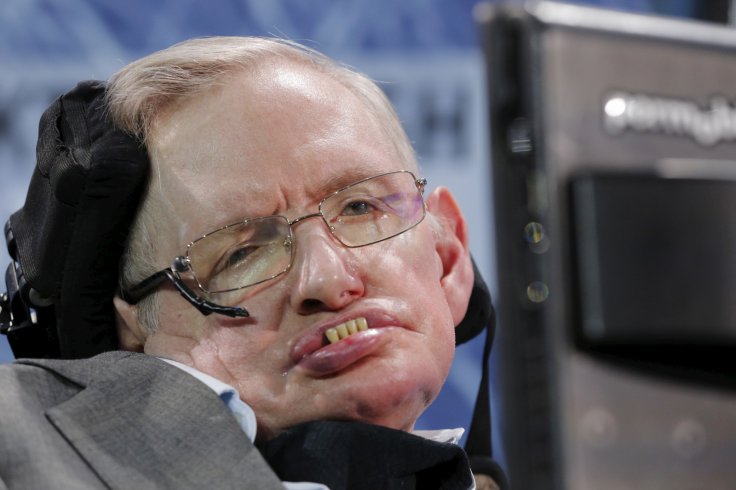
Stephen William Hawking, British theoretical physicist, cosmologist, author and Director of Research at the Centre for Theoretical Cosmology of the University of Cambridge died on Wednesday, aged 76.
Ironic but the famous physicist died on the same day when Einstein was born and when the world is celebrating "Pi in the Sky" on March 14, 2018.
The black hole theorist, whose wealth is estimated to be around $20 million, is survived by three children -- Robert, Lucy and Timothy -- from his first marriage to Jane Wilde, and three grandchildren.
Born on 8th January 1942 in Oxford. His both parents Frank (1905–1986) and Isobel Hawking, attended the University of Oxford, where Frank read medicine and Isobel read Philosophy, Politics and Economics.
Hawking studied at the Byron House School in Highgate, London and later moved to St Albans School, where he passed the eleven-plus a year early.His father wanted him to attend the famous Westminster School, but Hawking, then 13, was ill on the day of the scholarship exam.
Known as "Einstein" at the school, his death on March 14, 2018 has made many physicists stunned on Wednesday. At the school, he enjoyed board games, the manufacture of fireworks, model aeroplanes and boats, besides Christianity and the Sixth sense. With the help of his mathematics teacher Dikran Tahta, he had built a computer from clock parts, an old telephone switchboard and recycled many electronic gadgets in the late 1950s.
Inspired by Tahta, he decided to continue studying mathematics but decided to study physics and chemistry, and was awarded a scholarship after taking the examinations in March 1959.
He joined for graduation at the University College, Oxford in October 1959 aged 17 and during this time he found his education boring and ridiculously easy. After his BA honours degree in natural science, he went to Trinity, Cambridge, in October 1962 as a doctoral student.
He was first disappointed to have been assigned to Dennis William Sciama, a cosmologist, than his favourite astronomer Fred Hoyle. But soon, another big shock of his life hit him when he was diagnosed with motor neurone disease, that had confined him on a wheelchair rest of his life.
His research period coincided with the debate among the physics community about the origin of the universe, the Big Bang theory and Black Hole or dark matter concepts.
In 1966, Hawking obtained his PhD in theoretical physics with specialisation in general relativity and cosmology and his research paper "Singularities and the Geometry of Space-Time" won top honours winning that year's prestigious Adams Prize.









